Why Loyalty Programs in the Beauty Industry are so Effective
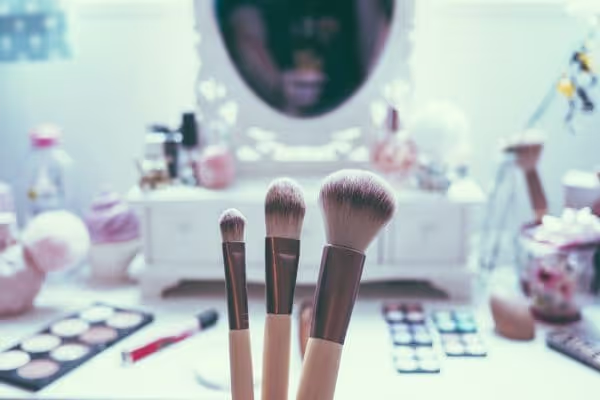
Everyone has at least a few identical purchases that show up on their bank statements each month. It might be your monthly haircut, your weekly gas fill-up for your car, or that essential takeaway cappuccino from the local coffee shop to wake you up on the way to work every morning.
For many of us, make-up is not only a regular and ongoing purchase, but also a frequent one. Cosmetics don’t last forever, and of course a lot of us like to change our look from time to time!
Whether it’s a particular shade of lipstick we can’t get enough of, eyeliner and mascara to make our eyes pop, or perhaps a bit of blush to enhance our look, these things need replacing and updating often.
And anywhere there’s regular purchases of the same product, there’s an opportunity for a loyalty program. If you want to see a real-life example of one, check out our case study on Seven Hair & Body or Kabuki Hair.
Consider the following facts about cosmetics, and the beauty industry in general:
1. Cosmetics are like milk – perishable, quickly used up, frequently replaced and unhealthy to consume after expiration!
A recent study by Poshly and Stowaway Cosmetics found that the average female consumer owns nearly 40 makeup products, but only uses five of them on a daily basis (12.5% of their total collection!). The rest of the collection sits at home on sink shelves and in bathroom cabinets, unused and often expired.
The same study found that three-quarters of female consumers don’t routinely finish their makeup before it expires, causing them to replace the expired products with fresh ones.
The takeaway here is that cosmetics is an industry that sees the same customers coming back on an ongoing, regular and highly frequent basis to replenish and improve their make-up collection. There’s already an element of customer retention there before the loyalty program is even introduced to the equation.

2. The make-up mark-up
The mark-up on cosmetics is typically 80%. This is a pretty high margin when you consider how easy make-up is to store, how cheap it is to ship, and how little preparation it requires between delivery from the manufacturer and being sold to the consumer.
With cosmetics manufacturers enjoying such a high margin on their products, businesses in this industry are much better positioned to “give back” through loyalty programs than some other industries where profit margins are slimmer.
3. What your make-up says about you
Cosmetics carry a social status and this encourages consumer demand (especially for exclusive high-end products).
Cosmetics enthusiasts will recognise when someone is wearing the latest Kylie Jenner lipstick, for example, and this conveys the message that “I can afford these products, I have high disposable income, and I’m on top of the latest fashion trends”.
This culture inspires a sense of urgency in keeping your make-up collection up to date, and securing this social status for yourself. It’s just like why so many people rush out to grab the latest iPhone the day it’s released.

4. In the beauty industry, loyalty lies with the brand, not the 'middle man'
While customers often become loyal to a particular cosmetics brand, it’s very rare that a customer will become loyal to a particular shop that sells cosmetics.
For instance, you might develop an emotional connection to Estee Lauder, but not to Chemist Warehouse or John Lewis, which is where the product is sold.
Sure, you might have your local store that you’ve been purchasing your make-up from for years, but if they suddenly stopped selling your favourite line of cosmetics, chances are you’d take your business elsewhere, right?
5. Nail polish at your fingertips…
While nearly 90% of all cosmetics purchases still occur in-store, the portion of online make-up purchases is slowly but steadily rising year on year (particularly among millennials and Gen Z). Online beauty sales exceeded $5 billion in 2017 alone.
This is due to a combination of younger consumers being more price-conscious (online discounts and the rising dominance of platforms like Amazon are pressuring beauty product outlets to lower their prices) and a general preference for digital engagement among younger generations.

Millennials currently boast a larger share of global spending power than ever before ($1.4 trillion) and Gen Z isn’t far behind.
When you consider that demand for cosmetics has never been higher, this equals an imminent boom in beauty e-commerce that is only going to grow with time.
Of course, there will always be a market for in-store make-up shopping, because people like to smell, feel and experience their chosen beauty products before committing to a purchase, which can’t be replicated online. Or can it…?
Sephora Virtual Artist is a clever feature in the Sephora app that allows users to digitally apply various kinds of make-up to their face via their smartphone camera, as if they were applying real make-up in the mirror.

Okay, we’re yet to stumble across any mobile apps that allow you to smell and feel cosmetics products, but still, this is a prime example of how the beauty industry is adopting augmented reality and other cutting-edge technological advancements to enhance the customer experience without ever setting foot inside a shop.
In fact, what else has the Sephora “Beauty Insider” loyalty program app got going for it?
1. Experiential rewards
With 25 million members and counting, it’s safe to say that Sephora has achieved astronomical success with its Beauty Insider loyalty program.
Like many standard loyalty programs, customers can use accrued points from purchases to redeem rewards like discounts and free beauty products.
Unlike standard loyalty programs, however, customers can also choose to exchange their hard-earned points for memorable experiences exclusive to Sephora.

This might mean experience such as:
- meeting the founder of your favourite cosmetics brand
- indulging in a luxurious day spa package
- creating your own personalised fragrance
- enjoying a personal makeover with expert recommendations and advice
- gaining exclusive access to product launch events
- VIP invites to in-store beauty classes.
All of the above experiences do a phenomenal job of creating an emotional connection with a brand, much more so than a simple discount can achieve.
2. Social status, and a sense of community
Sephora also employs some of the usual techniques for rewarding various levels of loyalty and enticing further engagement, like the tiered rewards system approach.
1st tier – Beauty Insider (free)
– free birthday gift
– free beauty classes
– accrued points towards rewards with every purchase
2nd tier – VIB (upon spending $350 with Sephora)
– seasonal savings
– handpicked gifts
– free custom makeovers
3rd tier – VIB Rouge (spend $1000 a year with Sephora)
– free two-day shipping on all orders
– access to private Sephora hotline
– invitations to various exclusive events
See how Sephora manages to create a culture around its brand?
Not only does every individual Beauty Insider member – regardless of their “tier” – enjoy a personalised shopping experience, but they also gain access to a social community, whether it’s the beauty classes or online discussions via social media.

This sense of “you’re missing out if you’re not part of the Beauty Insider community” is quickly remedied by the ease of which anyone can join. All it takes is to download the app and enter your name, email, password and date of birth – just like that, you’re “part of the club”.

3. A seamlessly synchronised customer experience
Let’s say a Sephora Beauty Insider member is browsing for new makeup products on her desktop during her lunch break at work.
After dinner, she sits on the couch and continues shopping from her mobile device, with recommended products appearing based on what she searched for earlier that day.
Once she decides what she wants, she reserves those products in her local store and then pops in over the weekend to pick them up. She opts for mobile payment (be it Apple Pay, Samsung Pay or Google Pay) and the sales clerk automatically adds the transaction to the customer’s accrued points. They immediately appear in her Beauty Insider app in real-time.
This is just one example of how the entire process is perfectly synchronised across all online and offline interactions, to provide a convenient and seamless shopping experience for the customer.
No other cosmetics brand communicates with its customers as well as e.l.f. does.
e.l.f. Cosmetics is another brand that is revolutionising the way consumers shop for make-up through its unique and innovative loyalty program.

As a strictly online store, e.l.f. has to offer incredibly enticing discounts and free products to make up for its lack of experiential rewards.
There’s also no e.l.f. Cosmetics app, which rules out push notifications and SMS offers. This just leaves email notifications, which (luckily) e.l.f. does exceptionally well.
Beauty Squad members receive just enough email correspondence from e.l.f. to keep the brand front-of-mind, with the offers being enticing enough to ensure the emails stay out of the junk or spam folder.

Members enjoy access to sudden spontaneous offers like “50% off all orders over $30, today only” and “enjoy this new product for free when you spend $25 or more in a single transaction”.
If a shipment is delayed (which, let’s face it, happens) e.l.f. will email you a personal apology from the Chief Marketing Officer and treat you to a $10 voucher towards your next order, with free shipping included.
This kind of communication between a brand and its loyalty program members fosters lifetime value, and revolves around a superior level of customer service – which isn’t easy when your customers are never actually interacting with your brand face-to-face!
In other words, e.l.f. Cosmetics’ loyalty program is geared towards keeping you engaged for the long run. The multi-tiered e.l.f. Beauty Squad loyalty program operates fairly similar to the Sephora structure, but with all the perks revolving around discounts and early access to sales.
So, back to the question at hand. Why are loyalty programs so effective in the beauty industry?
The nature of cosmetics and the business model that most cosmetics brands adopt already revolves around customer retention, so it makes perfect sense that a well-designed loyalty program would be effective in nurturing this brand-customer relationship throughout the beauty industry.
But it’s more than that. There are plenty of industries that are ideally suited for rewards programs, and yet the brands that implement loyalty programs within those industries don’t often enjoy the same amount of success as brands like Sephora and e.l.f. Cosmetics.
Some of the most successful loyalty programs of all time, in any industry, belong to cosmetics brands.
Then again, the same can be said for marketing campaigns, memorable advertisements, celebrity endorsements and exclusive events that create an incredible amount of hype – the beauty industry is always at the forefront of customer experience trends.

When it comes to loyalty programs, countless brands within the beauty industry have taken the standard “Buy X, Get Y” rewards model and morphed it into a fully-immersive experience that engages the customer on a multitude of levels… directly via their mobile device, anytime, anywhere.
By creating a digital loyalty app for your cosmetics or beauty business, there is no limit to how you can engage your customers. You can offer a personalised experience that not only rewards them for their loyalty, but establishes an emotional connection between brand and customer.

If you’re a barbers or hair salon and want to see what a loyalty program could look like for your industry, check out our case study on Seven Hair & Body or Kabuki Hair.
More Posts
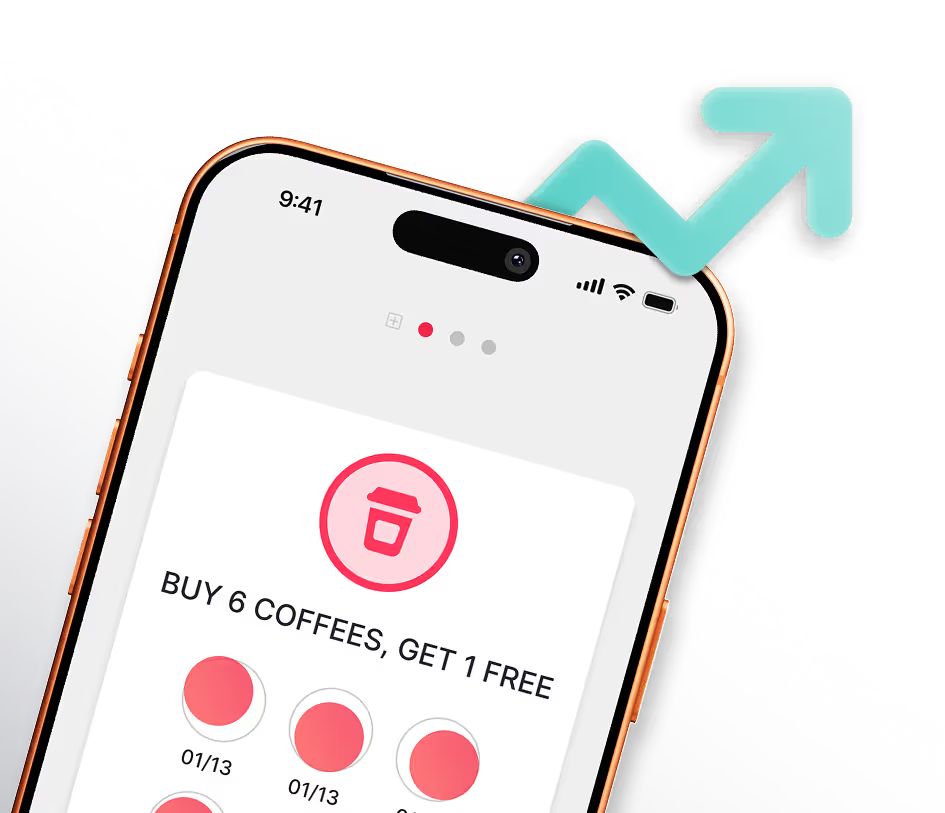
It’s often more than you think. Plug in your daily customer numbers to see your potential returns instantly.

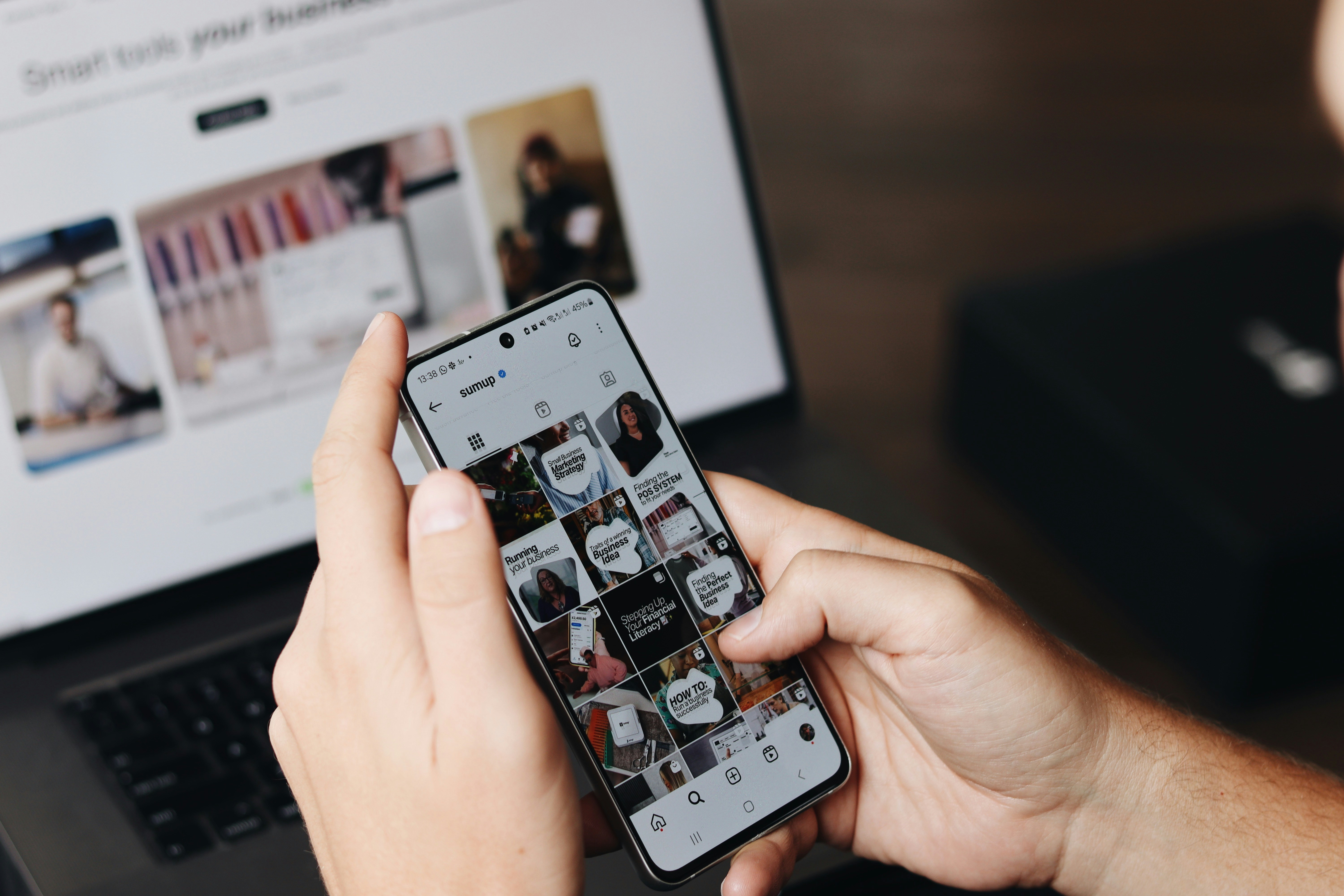
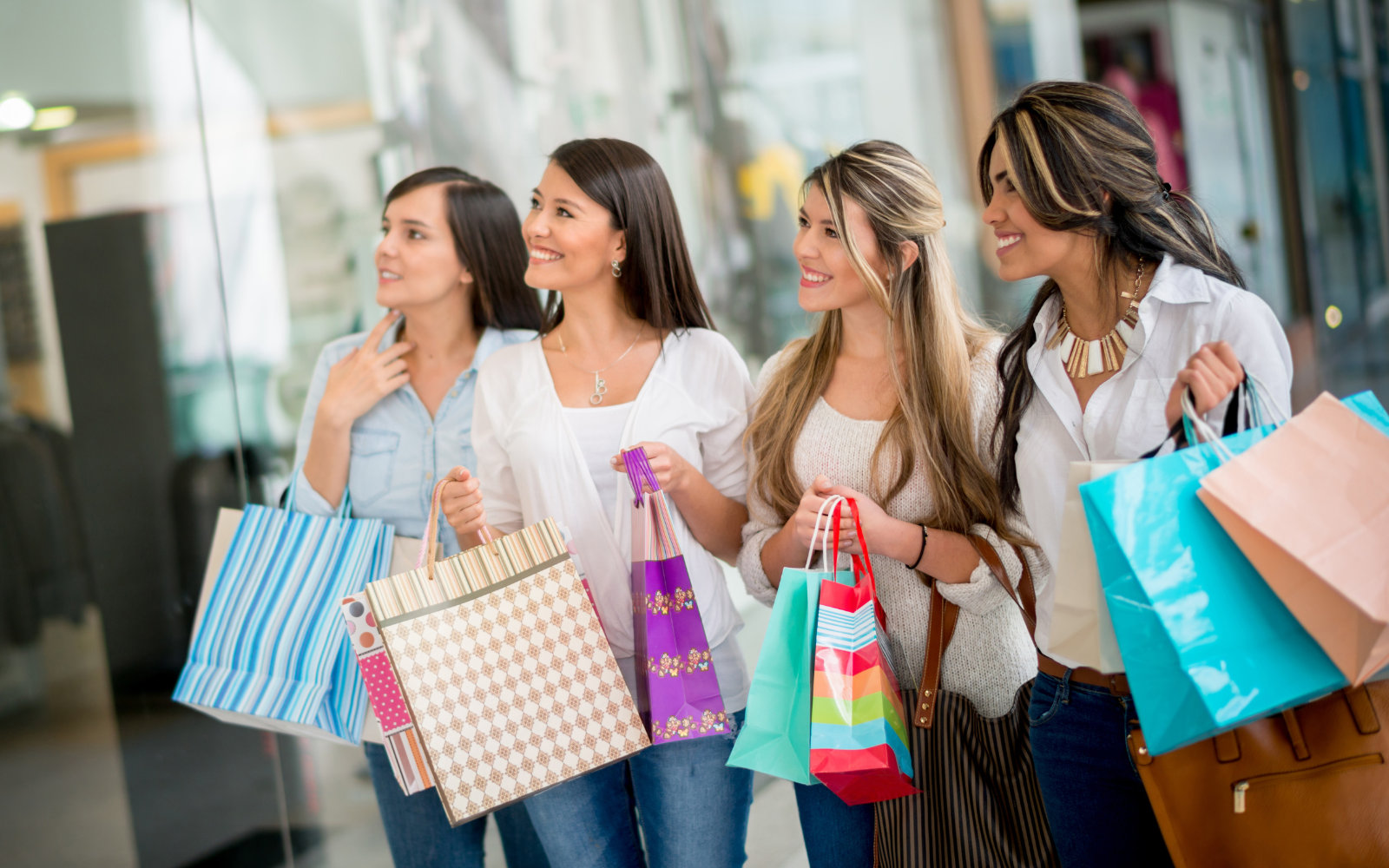

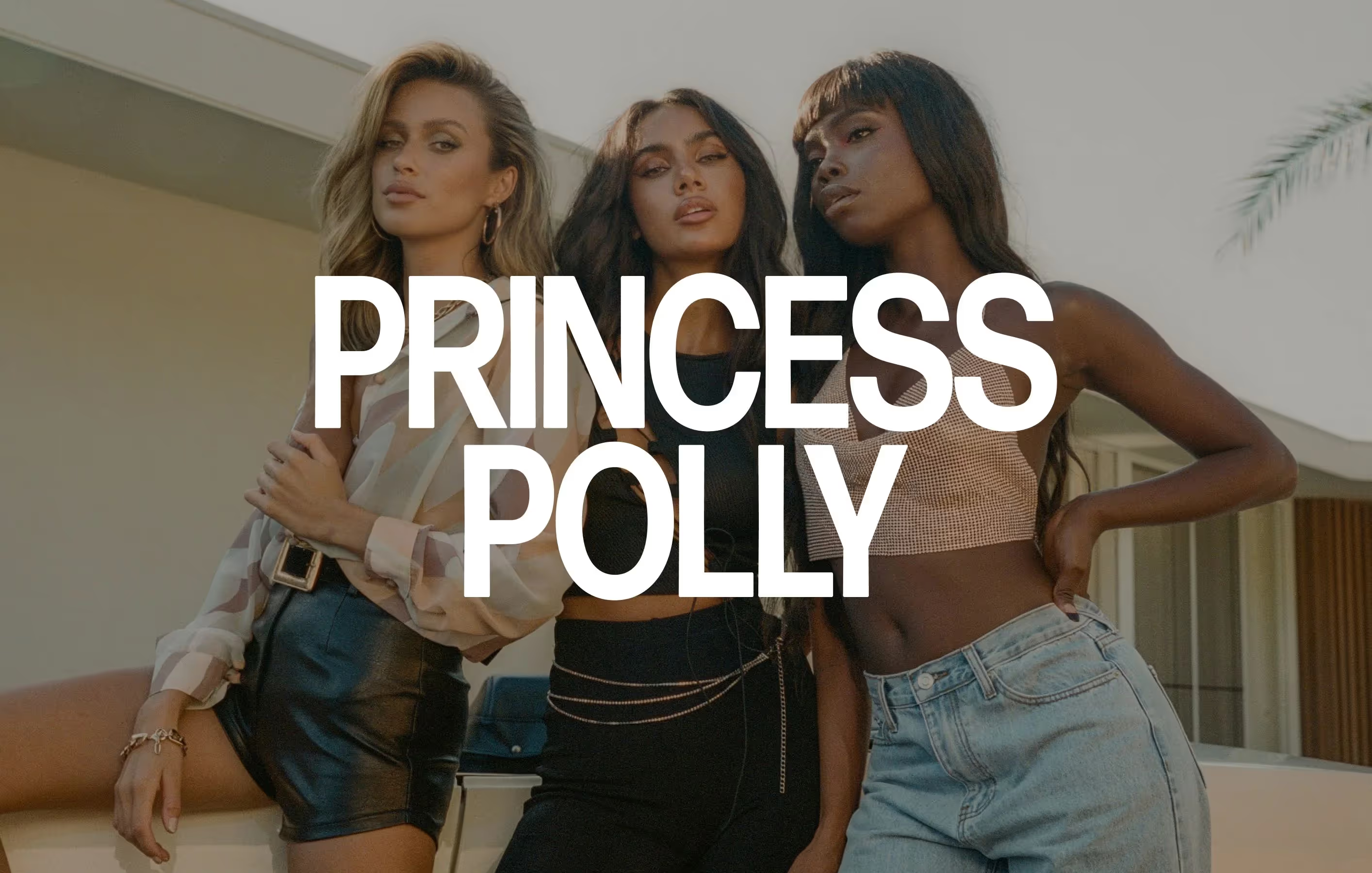

.webp)